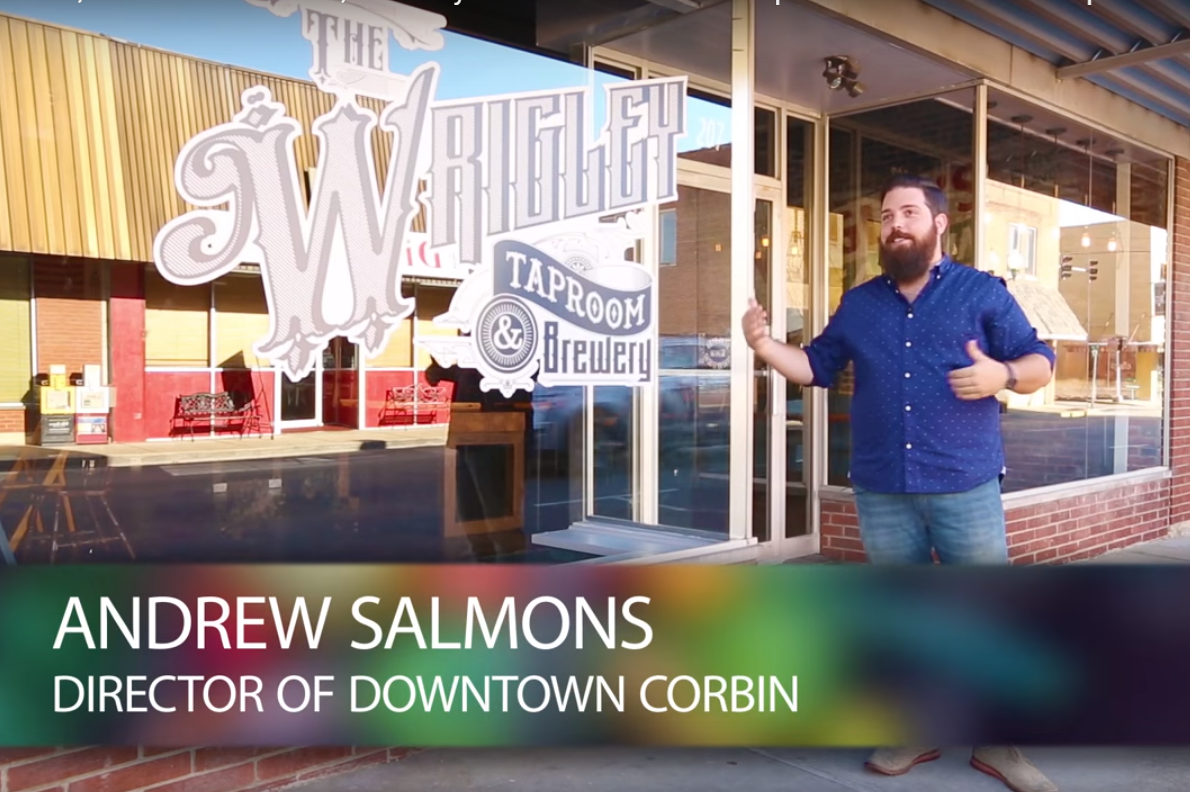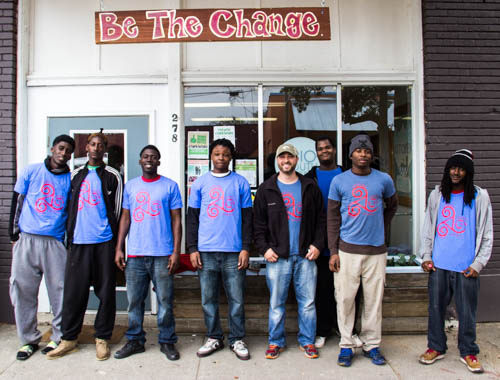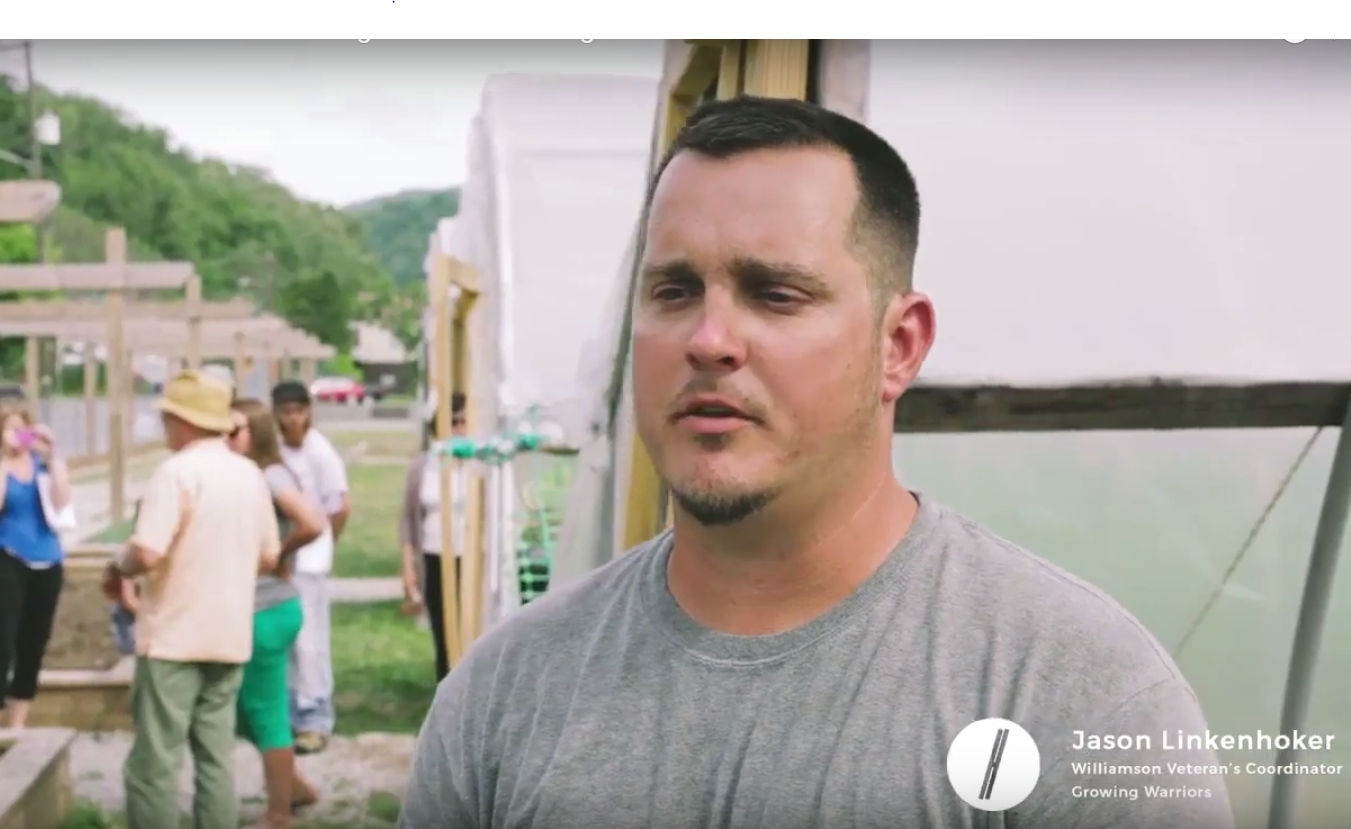
Local Foods, Local Places (LFLP), an effort supporting communities that are building local food systems, was launched in 2014. We see an amazing range of innovative thinking generated when local leaders and citizens are supported in their work to strengthen communities. Top-down solutions do not always fit the realities in neighborhoods and on main streets. This Administration has embarked on a different, locally-driven approach to empower homegrown solutions.
Unfortunately, the neighborhood where a child grows up impacts her odds of graduating high school, her health and her lifetime economic opportunities.
The Administration has been steadily embarking on a different approach to working with communities to ensure a child’s zip code never determines her destiny. Over the past seven years, the Administration has worked to disrupt the outdated top-down approach and transform the federal government into a more effective partner for local government, non-profits, businesses and other stakeholders. How is this happening? First, federal experts are working hand in hand with residents and local leaders to create customized solutions. Second, federal agencies are better coordinated and improving the ways they interact with communities. Finally, people at all levels are using data more effectively to help inform solutions and evaluate what works and what doesn’t.
Recognizing that different regions have unique challenges and resources, the President has called upon the federal government to act creatively in order to become more responsive to the ideas and concerns of local leaders and citizens. Several agencies including the Department of Agriculture, Environmental Protection Agency, the Department of Transportation, the Appalachian Regional Commission , the Delta Regional Authority, and the Centers for Disease Control and Prevention, came together to launch LFLP and help communities increase economic opportunities for local farmers and related businesses, creating vibrant places and promoting childhood wellness by improving access to healthy local food.
Projects like those supported by LFLP collaborations help us learn how to better coordinate and target federal assistance as we work with communities. Put simply: People striving to make their neighborhood a great place to live, work and raise a family know their community's strengths and needs, and our job is to help advance their vision. Like the support for local entrepreneurs that is helping revitalize Main Street in Corbin, Kentucky, cities are finding that connecting producers and other small businesses with local buyers does much more than complete a commercial transaction; it creates relationships that expand potential. It creates communities where people know and support each other. It lowers barriers and encourages, often unexpected, partnerships.

Healthy food and regular physical activity are also key to a long, productive life—but for some, access to vegetables, fruits and walkable areas is limited. For example, Delta communities have some of the richest farmland and most experienced farmers in the world, a real competitive advantage if communities can nurture business skills and innovative thinking in the agriculture sector. Building on the strengths of the community is the best way to help people develop sustainable strategies that feed their neighbors, create local jobs and cultivate a quality of life their children want to come home to after college. For example, a LFLP partner Clarksdale, Mississippi has established a vegetable farming-based job training program and a series of community gardens that will help supply food for a new farmers market and café.

Our LFLP partner Williamson, W.V. is building Williamson Health Innovation Hub to capitalize on their own unique strengths: focusing on ways to leverage the local food system and a federally qualified health center to establish a culture of health by improving access to fresh, healthy foods, promoting an active lifestyle and providing greater access to health care services. Farmers in the area are exploring creating demonstration sites to test and share ideas on how to recycle former coal mines into viable farmland.

All of the 26 round one LFLP communities are already making a difference in people’s lives in their own unique ways. Some are building support for small business development, aggregating demand or helping farmers to market local foods and products. Others are working to better integrate transportation infrastructure and walkability planning to connect people to markets and local restaurants. Health outcomes are also being targeted through school and community programs that teach children about nutrition, provide hands-on experience growing food, increase access through expanded use of the Supplemental Nutrition Assistance Program (SNAP).
We are looking forward to supporting the work of the 27 LFLP community partners for 2016 as they work to make a difference in their communities. The Administration’s focus on prioritizing locally-driven solutions has created a road map of tested program innovations and interventions that can continue to support every community working to improve the quality of life and provide opportunities to families in rural and tribal communities across the nation.
Doug O’Brien is the Senior Advisor for the White House Rural Council.

